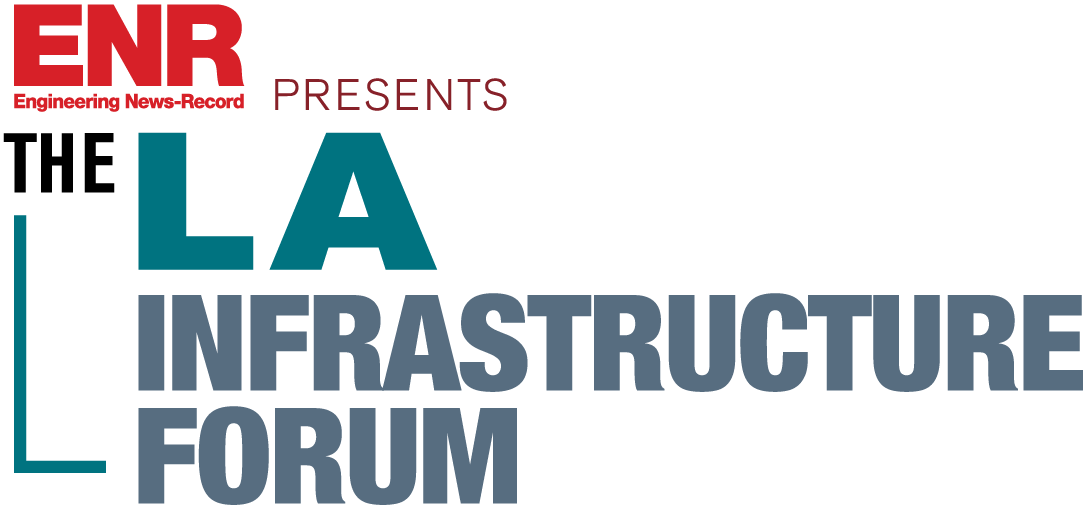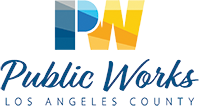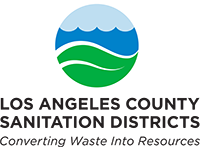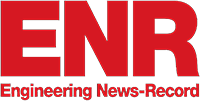Lunch Roundtables
Here is how the conversation tables work
Grab your lunch and choose your seat!
 Each agency and industry expert will be at a seated at one of the roundtables in the expo hall where they will facilitate a conversation on the topic they have chosen. The hosts will engage with the attendees in a conversation—giving them information but also asking about their experiences and answering questions.
Each agency and industry expert will be at a seated at one of the roundtables in the expo hall where they will facilitate a conversation on the topic they have chosen. The hosts will engage with the attendees in a conversation—giving them information but also asking about their experiences and answering questions.
Seating will be on first-come, first-seated basis per table.
There will be unstructured seating for those who prefer to chat with friends and colleagues.
Table 1. The Future of Supplier Diversity: It's Not Just About Spend
As demand for public infrastructure rises and workforce shortages become more prevalent, building a robust network of capable firms is essential. The upcoming LA28 Olympics presents a unique opportunity to bolster local vendor and supplier engagement, but how do we ensure long-term value beyond the event? Key performance indicators must be redefined to capture real impact, focusing on metrics that drive results and demonstrate the value of supply chain diversity.
Lunchtable Host
Table 2. Waste to Hydrogen in Southern California
Los Angeles is burdened with a significant and expensive waste removal problem that costs taxpayers millions annually, and more than $2 billion per year if wastewater treatment is included. Learn more about how waste streams are being converted to clean hydrogen for use in hard-to-decarbonize industry sectors and what new business opportunities may be generated.
Lunchtable Host
Table 3. How to Get Involved with InfrastructureLA
Join TJ Moon and learn how you can get involved with this collaborative group of Los Angeles County agencies. The discussion will include how to strengthen applications and ensure projects serve marginalized, underserved, and overburdened communities. Discover ways to coordinate projects and save time and money and also how to develop competitive projects and programs that serve all of LA County.
Lunchtable Host
Table 4. County Contracting: Equity and Diversity
Join the conversation about the work in Los Angeles County Public Works to support local infrastructure through a contracting equity lens. The discussion will cover efforts and strategies to increase use of local small businesses and historically underutilized businesses in county contracting, including tracking growth and progress, as well as supporting local hiring. Discover more about the county’s Community Workforce Agreement and the Local and Targeted Worker Hiring Program.
Lunchtable Hosts
Table 5. Pure Water and the Future of Water Resiliency
Water is too precious to use just once. Pure Water programs across the state create new clean and sustainable supplies of water to help meet the needs of the region by purifying water used in homes, businesses, and industries. Join us for a conversation about the benefits, challenges, and opportunities of two local programs: Los Angeles County Sanitation Districts’ and Metropolitan Water District of Southern California’s joint Pure Water Southern California program and Los Angeles Department of Water and Power’s Pure Water Los Angeles program and discover what the future holds for water resiliency in our region.
Lunchtable Hosts
Table 6. Can you afford not to Partner on your next project?
In an era of rapid civil infrastructure modernization, public works agencies and the construction industry are facing workforce shortages, tighter budgets, increasing regulatory pressures, and the demand for faster project delivery. With the urgent push for decarbonization and the exponential growth of technology driving further disruption, collaboration is essential for managing risks and delivering safe, high-quality projects on time and within budget. Join this lunch table with the founder of the Global Leadership Alliance to explore how developing a long-term Organizational Partnering System—not just project-based collaboration—can unlock innovation, optimize resources, and lead to safer, more rewarding outcomes.
Lunchtable Host
Table 7. Supplier Diversity Strategy on Billion Dollar Projects: Highlighting the LA Convention Center
Join the City of Los Angeles and special guest, Breana Weaver, Manager of Diversity, Equity, and Inclusion at PCL Construction, for a dynamic discussion on contract opportunities for diverse businesses on the Los Angeles Convention Center Modernization and Expansion project. As a prime builder on the project, PCL Construction is dedicated to achieving ambitious supplier diversity goals. This session will provide insights into how the businesses can get involved, navigate the procurement process, and secure opportunities to contribute to this major development, fostering economic growth within the Los Angeles business community.
Lunchtable Host
Table 8. How to Connect with Governmental Agencies as a Small Business
This experienced facilitator understands that connecting with agencies and understanding how to secure contracts can often be challenging. This conversation table will discuss how by building trusted relationships, maintaining open communication, and actively following up, business owners can effectively identify opportunities and successfully win contracts in their target market.
Lunchtable Host
Table 9. Empowering Small Businesses at Metro Through Small Business Programs & Initiatives
At this lunchtable, you can learn about Metro’s Diversity & Economic Opportunity Department, a unit of Vendor/Contract Management. DEOD is responsible for all of Metro’s small business programs. Its role is to champion ingenuity and commitment, not just within Metro but in the broader community. Two executive officers will share how they work with contracting opportunities, with transparency in procurement processes and by advocating a level-playing field. Ultimately, their commitment is to increase small business participation.
Lunchtable Hosts
Table 10. Empowering Emerging Construction Contractors for Successful Participation in Public Works Projects
Join this Caltrans leader and learn more about the new Caltrans construction contracting opportunities portal, which aggregates the agency’s contracting offerings in a user-friendly portal. Mr. Nyaga also will engage his conversation group in a discussion of the Caltrans Construction Mentor Protégé Program, which fosters small and disadvantaged firms through relationships, education, Caltrans “fluency” and technical skills so they can bid and complete on Caltrans jobs. Protégés are licensed contractors in business for at least one year and mentors are established firms with a proven track record.
Lunchtable Host
Table 11. Big Changes for Small Business in LA County
Learn what’s happening in small business contracting strategy on LA County infrastructure projects moving forward, at this lunchtable discussion with a key county economic development leader.
Lunchtable Host
Table 12. LA Metro's Alternative Project Delivery Procurement Process
LA Metro has recently adopted two Alternative Project Delivery methods: Construction Manager/General Contractor (CM/GC) and Progressive Design Build (PDB). This lunchtable conversation will explore the APD procurement process and timeline, the proposal evaluation and award process, and SBE/DBE participation. The two-phase project delivery approach and Early Works Packages will also be discussed.
Lunchtable Host
Table 13. Inclusive Collaboration: Is DEIA Still Alive to Bridge the Workforce Gap?
Workforce development needs are more critical than ever, yet advancing Diversity, Equity, Inclusion, and Accessibility (DEIA) faces significant challenges, with concerns about sustainability and funding for inclusive collaboration. In construction, these issues are intensified by rising project demands and a workforce gap. Join this lunchtime discussion as we explore trends, resources, and strategies companies are employing to meet workforce needs, focusing on the "3 Rs"—Recruitment, Retention, and Rebranding.
Lunchtable Host






















